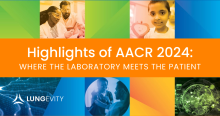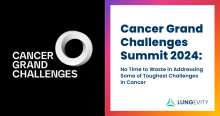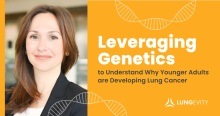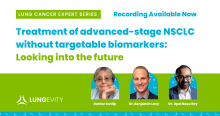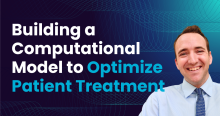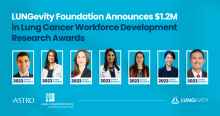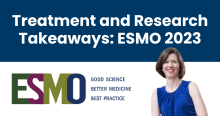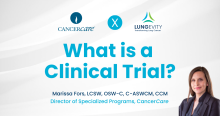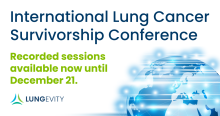Researcher Aims to Bring 360-Degree Care to Young Adults Living with Lung Cancer
Young adults (less than 50 years of age) are being diagnosed with lung cancer at increasing rates. They tend to be women of Hispanic or Asian descent and are typically diagnosed with advanced-stage lung cancer. Research is ongoing to help us develop effective options to treat these patients medically, but little is known about the effects of the diagnosis on their mental, social, and financial health or their family planning. To help us better understand the needs of this growing population, LUNGevity awarded one of its 2022 Health Equity and Inclusiveness Junior Investigator Awards to Narjust


